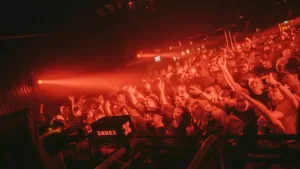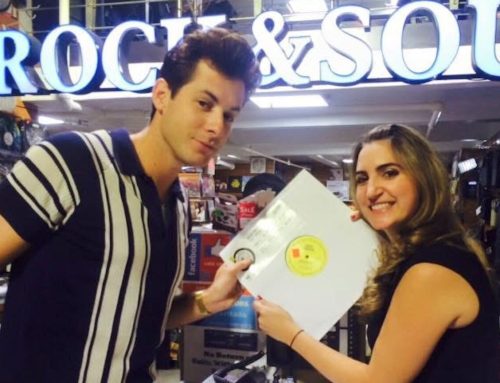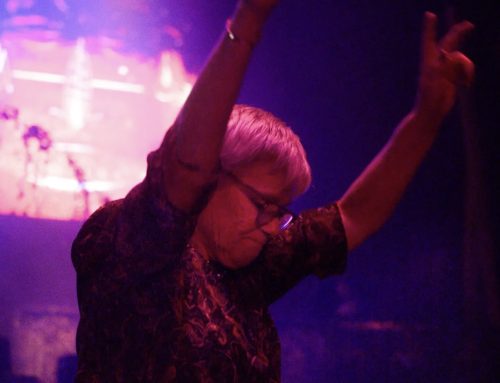
Ciara Power and co-founder Sunil Sharpe present a thorough look at the state of Ireland’s scene, where 84% of clubs have closed since 2000
Give Us The Night – the advocacy group co-founded by Dublin DJ Sunil Sharpe – has published a new in-depth report on Ireland’s nightlife industry and club culture.
The new research, co-authored with Ciara Power and titled The Rhythm of The Night: Report on Ireland’s Nightclub Industry and Dance Culture, is a deep dive into the current state of Irish clubbing and nightlife and how it got there. It includes details on its history, areas of opportunity and reform, and recommendations on how to improve the landscape. The report found that there are 82 active nightclubs in Ireland (as of January 2025), down 84% from 2000’s count of 522.
“This isn’t necessarily about reinventing the wheel”, Sharpe told 909 Originals. “Space is at a premium, so we need to make the most out of these spaces so that they can be sustainable venues moving forward.”
71% of GUTN survey respondents believe that Ireland’s nightclubs cannot survive under its current conditions. Issues include early closing times (Dublin’s 2:30 AM closing time is the earliest in the EU, with 6:30 AM being the average in other EU capital cities) and expensive late-night Special Exemption Order (SEO) costs of €21,320, plus legal fees, per year. A promised 6 AM closing time change, initially announced as part of a 2022 licensing laws draft, was delayed in 2023 and then again earlier this year. The revised Intoxicating Liquor Bill was not included in Fianna Fáil’s spring legislative agenda. While it has reportedly been de-prioritised, Sharpe has clarified that licensing reform remains a part of the Programme for Government.
These factors, among many others described in the report, led nearly 80% of respondents to consider Ireland’s clubbing and nightlife scene to be “unattractive” and a deterrent to those wanting to enter the industry. 84% agreed that providing more flexibility in Ireland’s licensing laws would increase the scene’s viability and enable to serve more communities.
Recommendations in the report include government-led research and policy changes such as valuations of the night time economy, freezing VAT on dance music events, and relaunching the 2023 Noise Mitigation Grant Scheme and other funds. There are also recommendations relating to accessibility and safety measures, such as increasing early Sunday morning bus availability and bike parking, expanding drug testing, and encouraging more non-alcoholic drink options and pricing them competitively.
Speaking about the creation of the report, Sharpe told DJ Mag: “Last year there was a successful campaign of fear by the anti-alcohol lobby to derail the licensing bill, which resulted in our government getting cold feet in the run-up to the election. What struck us again was how out-of-touch our opponents were, who have no lived experience of nightlife today, but who are very good at worrying people, particularly the public.
“We felt that the voices of nightlife, from venue owners right through to the dancers themselves, weren’t being heard. So between nationwide public meetings and a public survey, key themes and related data emerged, as well as key crime-related statistics. This supplemented a wider overview of the nightclub industry and the history of dancing at night in Ireland. We believe that it is an up-to-date reflection of what the industry and dance scene actually are, and what is needed to move forward.”
Read the complete report here, and watch clips of Sunil Sharpe discussing it below.
Revisit Seán Finnan’s 2021 interview with Sharpe about Give Us The Night’s efforts and the state of Irish nightlife.
This past spring, the Irish government opened applications for grassroots music venues to access grants up to €15,000, with €500,000 total available, as part of a recent Night-Time Economy Support Scheme.
Air Texture’s country-specific compilation series is focusing on Ireland next with a 21-track release, out tomorrow, curated by Dublin-based DJ, producer and radio host Efa O’Neill.





Leave A Comment
You must be logged in to post a comment.